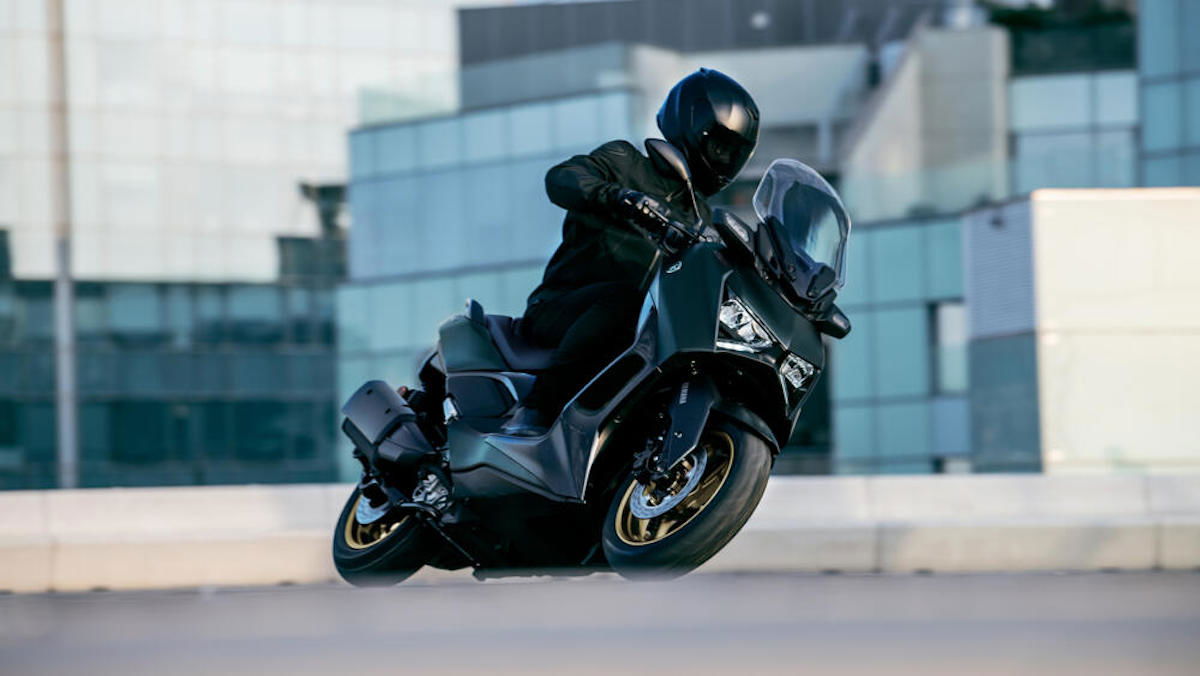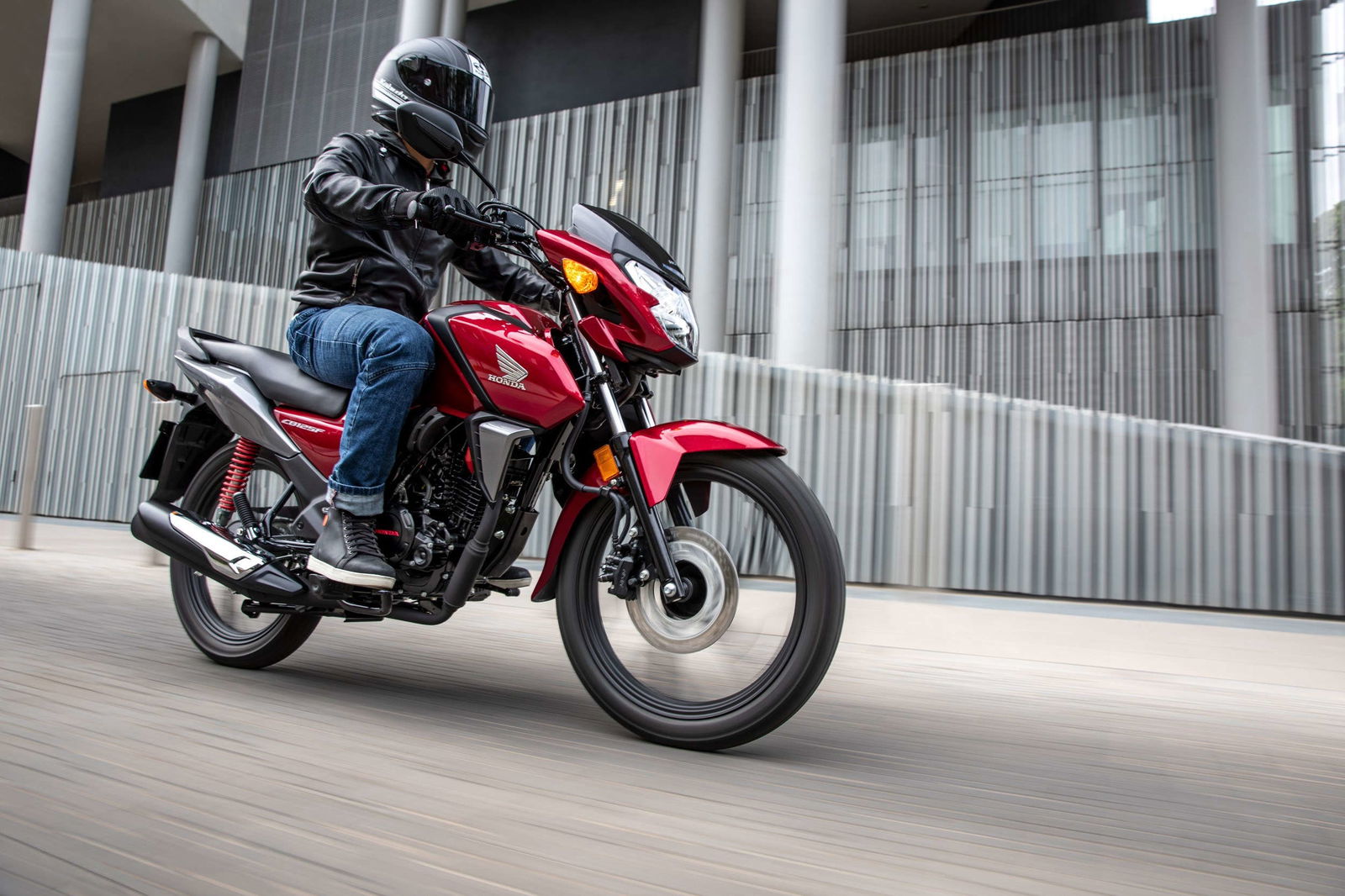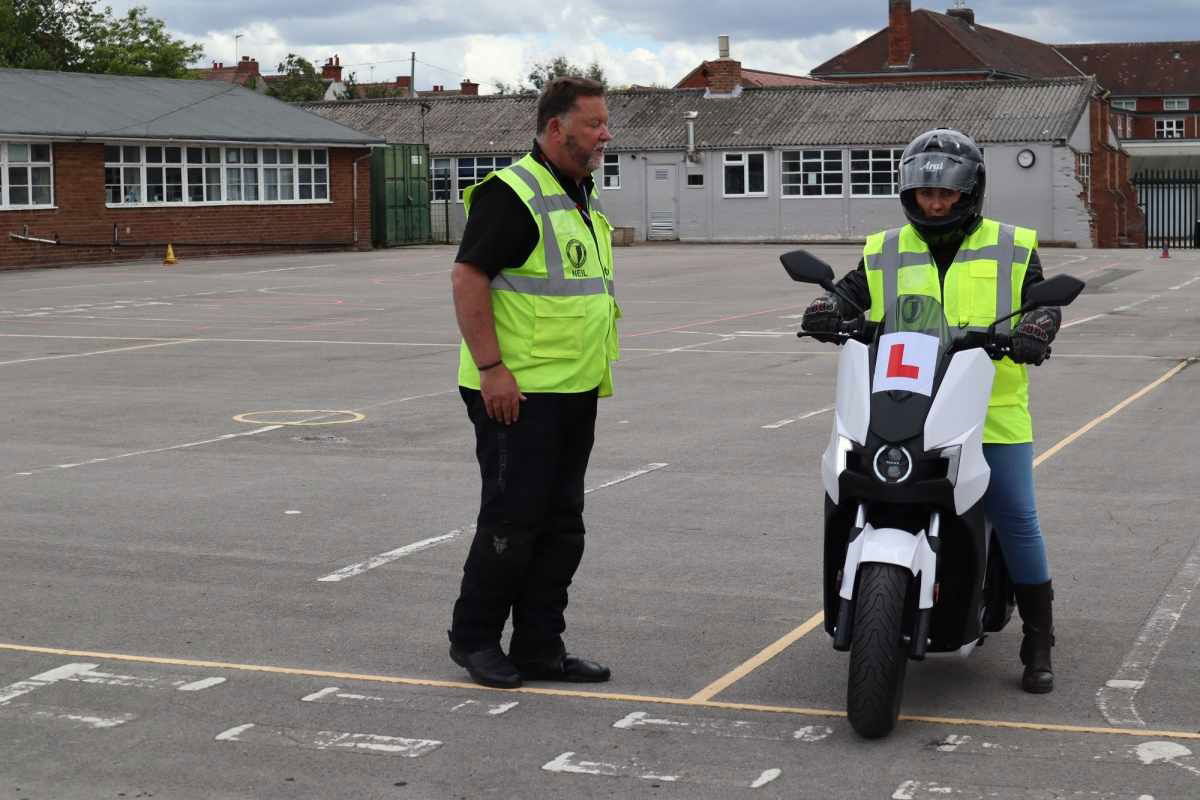UK Government looks to update SHARP protocol with head rotation tests
The government-funded SHARP helmet rating programme is looking to update its protocol in line with new data regarding head rotation.

SHARP, a UK government-funded scheme in the UK that looks to inform motorcyclists about the safety of helmets, is looking to update its models.
SHARP (Safety Helmet Assessment and Rating Programme) was founded in 2007 with the intention of making motorcycle helmet safety more obvious to motorcyclists. Using a star-rating system, SHARP qualifies which motorcycle helmets are the safest, which are the least safe, and those which fall in the middle. SHARP currently only rates full-face and modular, or flip-up, helmets.

New evidence shows that head rotation is an important aspect in head injuries - and can be a cause of significant injuries deep in the structure of the brain - in addition to linear impacts. SHARP’s latest project involves TRL (Transport Research Laboratory) and is to update its rating protocol based on this new evidence.
To do this, TRL is testing new helmet technologies that Mazdak Ghajari - a senior lecturer in design engineering from Imperial College London who is working with TRL on this project - said in a podcast “are claiming that they can better manage head rotation.”

In this he is presumably referring to technologies such as those developed by Mips, who have recently announced a partnership with Kabuto whose race and adventure helmets will now use Mips’ Integra TX helmet lining to offer greater brain protection.
Along with its recommendations regarding overall safety of a helmet, SHARP recommends that motorcyclists make sure they choose a helmet that fits properly, and is the right size. TRL ran a study in 2019 which found that 25% of motorcyclists wear a helmet that is the wrong size for their head.

